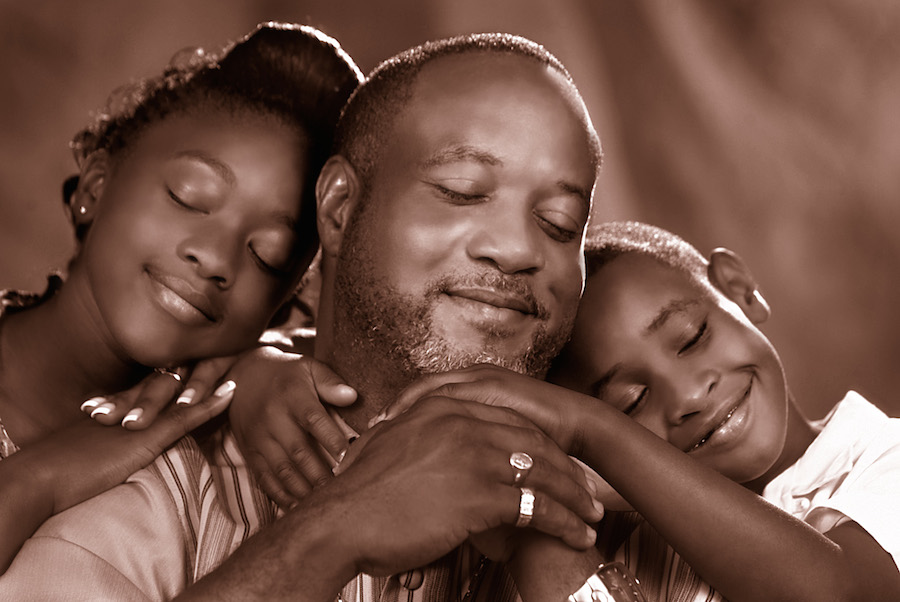Thomas Sowell reviewed a new book by Jason Riley about blacks in America called “Please Stop Helping Us.” Ever the contrarian, Sowell praises Riley for telling hard truths about the problems blacks face in modern society.
Sowell cites the story from the days of the British Empire, when a man from one of the colonies addressed a London audience and said, “Please do not do any more good in my country,” he said. “We have suffered too much already from all the good that you have done.”
In his new book, Riley addresses the controversies and counterproductive policies designed to help his race, such as minimum wage laws or “affirmative action.”
From the Charleston Daily Mail:
Black teenage unemployment rates ranging from 20 to 50 percent have been so common over the past 60 years that many people are unaware that this was not true before there were minimum wage laws, or even during years when inflation rendered minimum wage laws ineffective, as in the late 1940s.
Pricing young people out of work deprives them not only of income but also of work experience, which can be even more valuable.
Pricing young people out of legal work, when illegal work is always available, is just asking for trouble. So is having large numbers of idle young males hanging out together on the streets.
When it comes to affirmative action, Jason Riley asks the key question: “Do racial preferences work? What is the track record?”
Like many other well-meaning and nice-sounding policies, affirmative action cannot survive factual scrutiny.
Some individuals may get jobs they would not get otherwise but many black students who are quite capable of getting a good college education are admitted, under racial quotas, to institutions whose pace alone is enough to make it unlikely that they will graduate.
[S]tudies that show how many artificial failures are created by affirmative action admissions policies are summarized in “Please Stop Helping Us,” in language much easier to understand than in the original studies.
The Heritage Foundation recently hosted Riley for a talk about his book on June 23rd.




13 comments